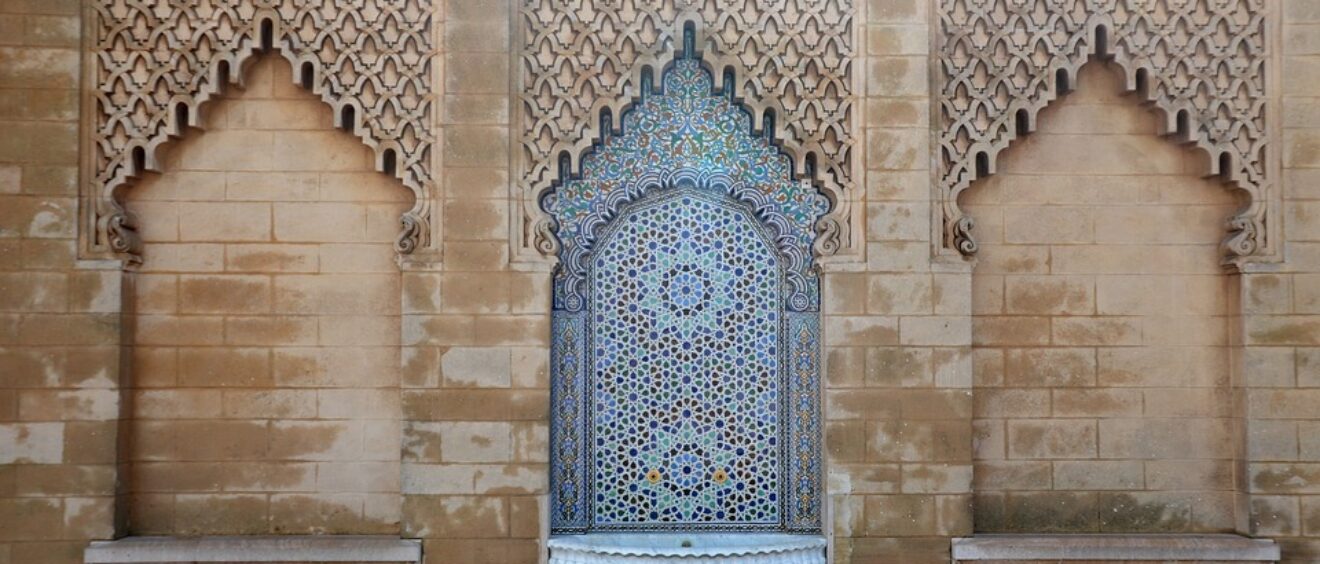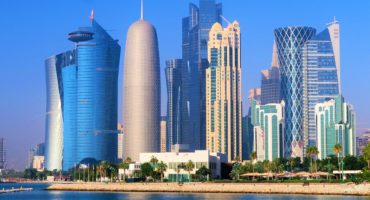
Indonesia to make more regional development banks, pension funds Shariah-compliant as it eyes bigger Islamic economy
BY YOSI WINOSA
JAKARTA – Indonesia is in a hurry to increase Islamic financial assets and, under orders from vice president Ma’ruf Amin, the National Committee for Islamic Economy and Finance (KNEKS) will take a progressive approach.
Islamic commercial banking assets stood at 593,948 billion rupiah at the end of 2020, making up 6.47% of the country’s commercial banking assets. In the overall financial industry, Shariah-compliant assets reached 1,802.86 trillion rupiah, equivalent to 9.89% of the sector.
The plan now is to convert more regional development banks to become Shariah-compliant, and provide Islamic pension funds services that are expected to boost the development of the Islamic capital market, Sutan Emir Hidayat, KNEKS director of Islamic economy supporting ecosystem told Salaam Gateway.
According to Sutan, vice president Ma’ruf on Monday (April 26) instructed the executive management of KNEKS to accelerate the conversion of regional banks of West Sumatra (Bank Nagari) and BPD Riau Kepri. In addition, the vice president wants big regional banks such as BPD DKI, BPD Jabar, BPD Central Java, and BPD East Java to be converted to become Shariah-compliant.
Bank Aceh and Bank NTB were earlier converted to become Islamic commercial banks, and two more banks, Bank Riau Kepri and Bank Nagari, are scheduled to follow. In February 2021, Bank Syariah Indonesia, formed by the merger of three state-owned banks, started operations as the country’s biggest Islamic bank.
However, the conversion of Bank Riau Kepri and Bank Nagari will not make a perceptible enough impact on Islamic banking market share, that will still rest under 7%.
“If the big regional development banks converted to become Islamic commercial banks, it will drastically improve the market share since they are obligated to finance only halal industries within the regions,” said Sutan.
“The impact will be even bigger than the recent establishment of Bank Syariah Indonesia alone.”
Ma’ruf Amin also ordered breakthrough initiatives, including providing Shariah-compliant services of the pension funds managed by the Workers’ Social Security Agency (BPJS Ketenagakerjaan) that will be invested into the Islamic capital market.
OTHER PLANS
Other plans to increase Islamic financial assets include processing the payroll for employees of state-owned firms through Islamic banks, according to a circular from the minister of state-owned enterprises.
KNEKS will also work to have more microfinance institutions, such as waqf micro banks (BWM) and Baitul Maal wat Tamwil (BMT), within Islamic boarding schools (Pesantren).
“They should empower economically not only the students, but also micro and small businesses around the boarding schools. KNEKS will collaborate with the central bank on this project,” said Sutan.
The governance of Islamic microfinance institutions is also on the agenda. “Institutions such as the national zakat management agency (BAZNAS) and national waqf management agency (BWI) should avoid any potential conflict of interest, in their dual roles as regulator and management institutions. Therefore, better governance needs to be established soon,” said Sutan.
HALAL ECOSYSTEM
KNEKS will also step up support for halal industry entrepreneurs by facilitating more financing and halal certification.
The national oversight body for the Islamic economy is proposing to Bank Syariah Indonesia to collaborate with the halal authority BPJPH and its assessment and fatwa partner LPPOM MUI to train their account officers to become halal supervisors to help micro and small business players get funding and halal certificates.
The Islamic economy ecosystem will also be beefed up this year by providing more incentives to use halal industrial estates.
The three halal industrial estates, Modern Cikande in Banten, Eco Safe n Lock in Sidoarjo, and Bintan Inti in Kepulauan Riau, are still waiting for more tenants in order to effectively operate, according to Sutan.
“In coordination with the Ministry of Industry, coordinating Ministry of Economic Affairs and other stakeholders, we want these industrial estates to get same facilities as special economic zones (KEK),” said Sutan.
KNEKS is also working on strengthening investment channels. “We want to include the halal product export records and codification in our new investment licensing application,” said Sutan.
ISLAMIC FINANCE LITERACY
The work will also continue on the ground to increase Islamic finance literacy among Indonesians.
KNEKS is targeting a literacy rate of above 10% next year from around 8.9% in 2019, according to the Financial Services Authority (OJK) survey.
The goal according to the central bank index is to reach 25% from 16%.
“We will focus on the young generation, especially Gen Z and Millennials that make up around 53% of Indonesia’s population, or around 144 million people,” said Sutan.
The committee will work with the association of Indonesian economics teachers (AGEI), the association of Indonesian Sharia economics teachers (AGESI), and the association of Islamic religious education teachers (AGPAII) to include Islamic economy in schools’ competence-based curriculum, including in the 28,000 Islamic boarding schools.
Other plans include the establishment of a Regional Sharia Economy and Finance Committee (KDEKS) that will be chaired by a Governor who will coordinate with KNEKS’s national-level plans in line with the Sharia Economy Masterplan 2019 – 2024 (MEKSI).



